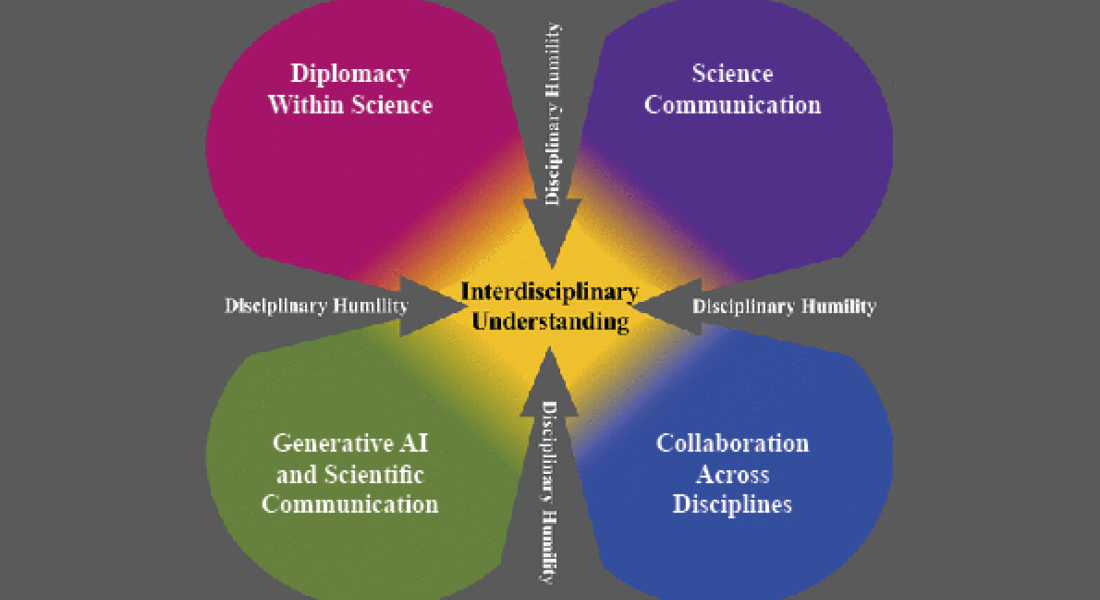Universitetsavisen
Nørregade 10
1165 København K
Tlf: 21 17 95 65 (man-fre kl. 9-15)
E-mail: uni-avis@adm.ku.dk
Seminar
Seminar — In a world filled with uncertainty and fractured by polarization, how do we get better at thinking about how we think – and how do we conduct high-stakes debates more intelligently in- as well as outside the academic world?
Date & Time:
Place:
9A.0.01 Kierkegaard, University of Copenhagen, Njalsgade 76, 2300 Copenhagen S
Hosted by:
Centre for Interdisciplinary Studies of Law (CIS)
Cost:
Free
The idea behind the workshop is that there is an increasing need for accurate, accessible and engaging science communication – not least in light of the rapidly growing impact of science and technology on everyday life and politics, and the rise in science denial and science populism, which gnaw on society’s trust in science.
The cultural human right to enjoy the benefits of scientific progress and its applications, which is written into both the 1948 Universal Declaration of Human Rights and the International Covenant on Economic, Social and Cultural Rights from 1966, makes it an obligation on member states to take steps to conserve, develop, and diffuse science in order “to achieve the full realization of this right.” These instruments offer a broad and rights-based approach to the topic of dissemination of science and creating dialogue with the public as a state responsibility.
Science is woven into our everyday lives to such an extent that even the simplest decision-making typically involves evaluating something scientific. As Saul Permutter et al. put it, good decision-making involves three basic things: 1) accurate information from reliable experts; 2) a careful consideration of values; and 3) a structure that places the authority to make the decision in the hands of those who will be affected by it. “If any of these ingredients is dramatically out of balance with the others, we see clear failure modes – we know that something has gone pretty far wrong.”[1]
There will be three panels, each lasting two hours and consisting of three panel talks followed by a Q&A session.
